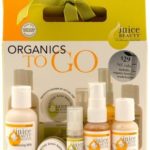
Why some organic ingredients maybe “useless”
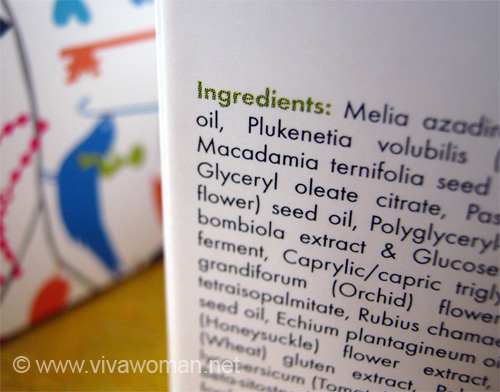
I was checking up info on some ingredients when I found something interesting regarding cosmetic labeling; something I came across but never took much notice of. According to FDA, any ingredient in concentration below 1% may be listed in any order as long as it is listed after all of the other ingredients present at or above 1%.
Only the top 33% ingredients matter
In my entry on 5 things to know about skin care label, I wrote that the rule of thumb is that about 90% of the skin care product is made from the top 33% of the ingredients which means those listed after the 33% are probably trace elements. So if a product label lists 25 ingredients, then the product is made up of the first eight ingredients. The remaining 17 ingredients probably have little impact on how the product works.
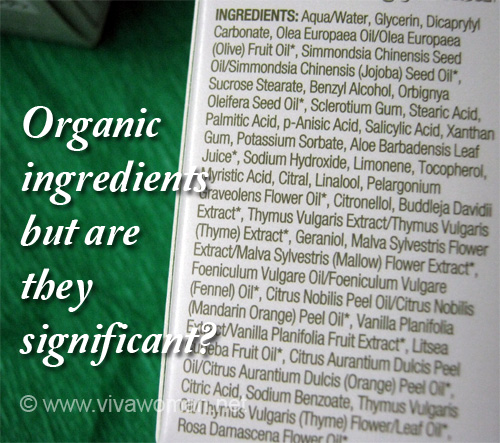
Organic ingredients may just be trace elements
So when it comes to skin care products that are certified as organic, the organic ingredients may actually be very insignificant, or worse, just included to make the product marketable as organic. An example can be seen in this picture here, where those ingredients marked with an asterisk are organic but most of them are actually at the bottom half of the list. As a whole, the product still looks organic enough right?
The price should reflect the ingredient list
So even though the product does contain organic ingredients, such ingredients may provide little impact to the product performance. And some products may include organic ingredients of less than 1% just so to look good. Actually, I’ve always been happy just buying naturally formulated products. But don’t get me wrong; I have no issues against organic products. Just that I am not particular that ingredients must be organic and I would be upset if I am paying a lot for an organic product and yet the organic ingredients are just listed somewhere in the middle or at the bottom. Mental note to self: check where the asterisks are next time I look up an organic skin care product!
Comments
Leave a Reply
You must be logged in to post a comment.










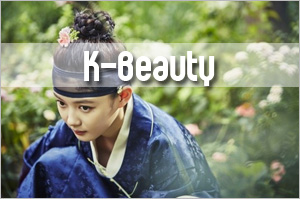
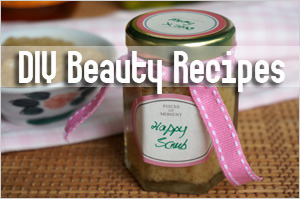
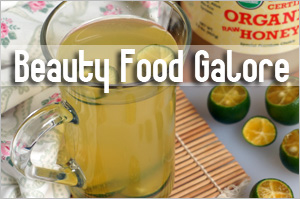
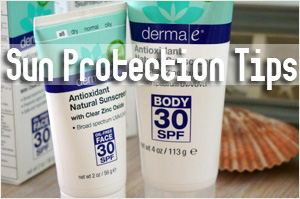
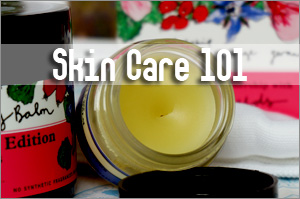
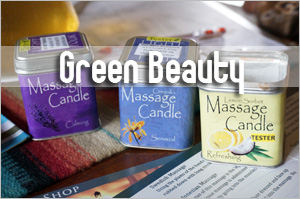
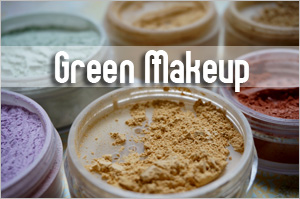
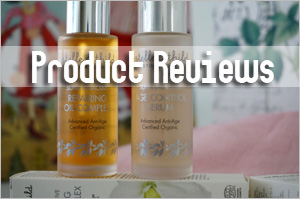
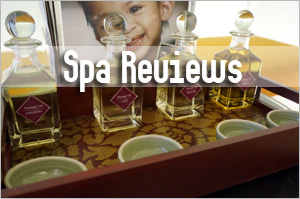
Oooh! Thanks for that info!! Had no idea the ingredients are listed in this way. But I am also like you: I am not fussy if the product is not 100% organic as long as it is still naturally formulated with a reasonable price ?
wow, very informative post! nice
vonnie last post is: "And Tears Dry on Their Own…" RIP Amy Winehouse
Another great post Sesame! This post reminds me of a list of ingredients on a product which I frequently use. It’s not organic, but the product highlights Aloe Vera and Vitamin E as their MAIN shoutout. However, the 2 ‘so called main ingredients’ fall in the second and last line of their ingredient list.So to say, the MAIN ingredients have little or minimal benefits to my skin. ?
Alexandra last post is: Sampling: MVO Skin Lightening Vit C Supplement and Moisture Serum
That’s what some call camouflage strategy. ?
Thanks…
These days, many products mark as organic only provide justification for a higher price. ?
My question is, what is the correct “amount” of organic ingredients to do the job? I mean, I have a cleanser that’s organic and contains willowbark extract, but in a small amount. My face wouldn’t be clean if I scrubbed it with willowbark! Maybe those “negligible” amounts are all that’s needed of that certain organic substance. At least, in some cases.
There’s definitely some cover-up going on here…
If it’s just a trace amount, it need not be organic; normal willowbark extract will probably do the job as well. The point is the formulation has to be right for the role it is to perform but if the price is inflated because of organic ingredients buried within the list, then it is just a marketing tactic to get us to pay more.
I heard that many of the organic beauty products today aren’t really complying with National Organic Program (NOP). And NOP is also said to be unclear about the standards of these products making these products under-regulated. It may still contain chemicals and synthetic additives. However, manufacturers are taking advantage of this and continue branding the products organic as a marketing scheme.
We should really be careful and skeptical of what we buy. We should be a wise consumer and read the ingredients with special attention.
The best organic product we can use and is surely beneficial to our health is WATER. Make sure to drink the recommended 8-10 glass of water a day.
That’s really a shame. What you say is true, we should be wiser and pay more attention to what we’re paying for. And good advice about drinking water! ?
Most often, consumers don’t really tend to look at the ingredients of the products they’re buying. They just look at the brand and price and that’s just it. This is a good wake-up call.
True…I was exactly like that before I started this blog. So writing here has helped me become more discerning. I am still learning…
I’m dumb when it comes to reading ingredient labels. This post definitely helps! I’m not a purist on skincare. For one thing, if I have to be so, my beauty journey is going to be difficult. However, I do want to know more about the ingredients, so I can make a wise decision and not be fooled easily.
Amanda last post is: How Do You Remove Waterproof Sunscreen on Your Body?
Many of us are not particular on ingredients being used. We usually are prioritize the effects of a product. Thanks for this info. Might as well be informed of the ingredients being used.
True…but it’s also changing for more pple are now more savvy and try to find out more about what goes into a product. Like I said, it’s a learning process. ?
Same here…not a purist too but I try to use more natural products. It can be difficult to write off some common ingredients (like plant alcohol) for me as you’ll find yourself without much choices left. ?
usually the ingredients that are marked organic are ones that I don’t care if they are organic or not. I knew to pay attention to the first 5 ingredients but I did not know they made up 90% of the ingredients! I’m not trying to challenge the statement but I’m wondering what your source is for it. Thanks!
You can read my original entry about the labels. I have the source there. https://www.vivawoman.net/2009/03/25/5-things-to-know-about-skin-care-labels/
When I was reading your original post on this subject (where you mentioned the 33% rule-of-thumb), I was thinking of something. How likely is the 33% likely to apply to products with a short ingredients list, say 10 ingredients or less? Or would it be likely that most (or even all) the ingredients have some sort of effect?
I guess with the shorter ingredient list, the percentage may vary but the principle should still be the same as some of the ingredients are probably just trace elements. I’ve tried making a cleansing oil and a bb cream for example and the ingredients were little but only two or three of them were main ingredients…the rest were less than 1%.
Yep, I do agree. Information can now be accessed with just one push of a button. ?
Agree at all! It’s so sad to see that the promised super active ingredients are not in the first 50% of the list ?
Worse if they’re right below!
I think there may be only exception for essential oils… Because ussually you need only some drops for 30 ml cream for example. They seems to be very consentrated.
Yes, you don’t need a lot of EO but some pple still cannot handle that little amount and develop skin allergies using them.
That’s why I like your blog: you provide lots of information so that we can make our own minds! ? I just hate it when companies take us for stupid and try to trick us with misleading marketing. :-[
Yeah, I think more and more people are becoming more savvy especially since they are forking out money for products. So why not get ourselves educated to know if we’re getting our money’s worth.